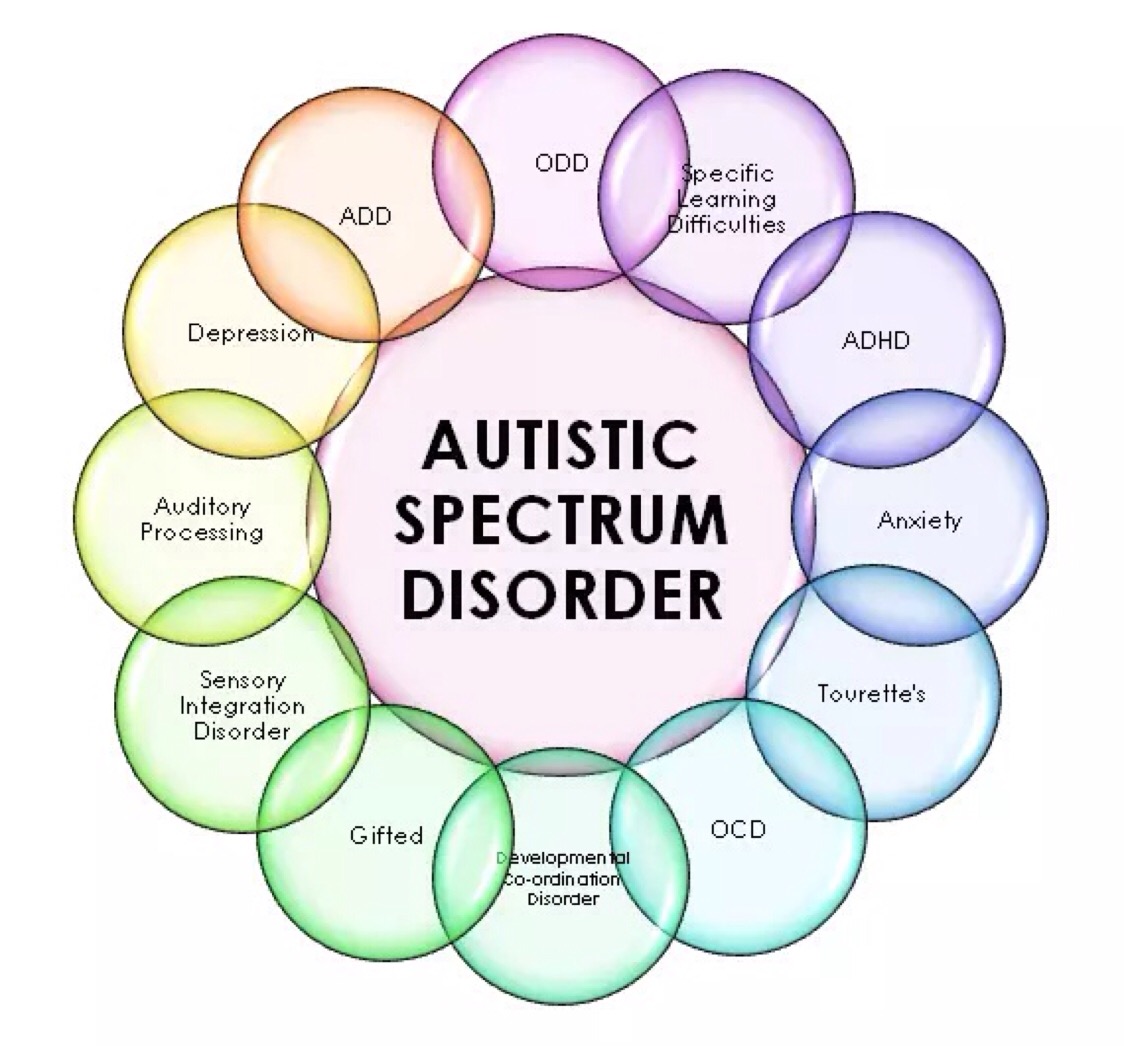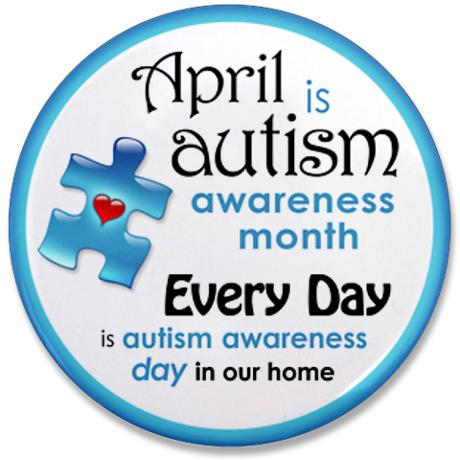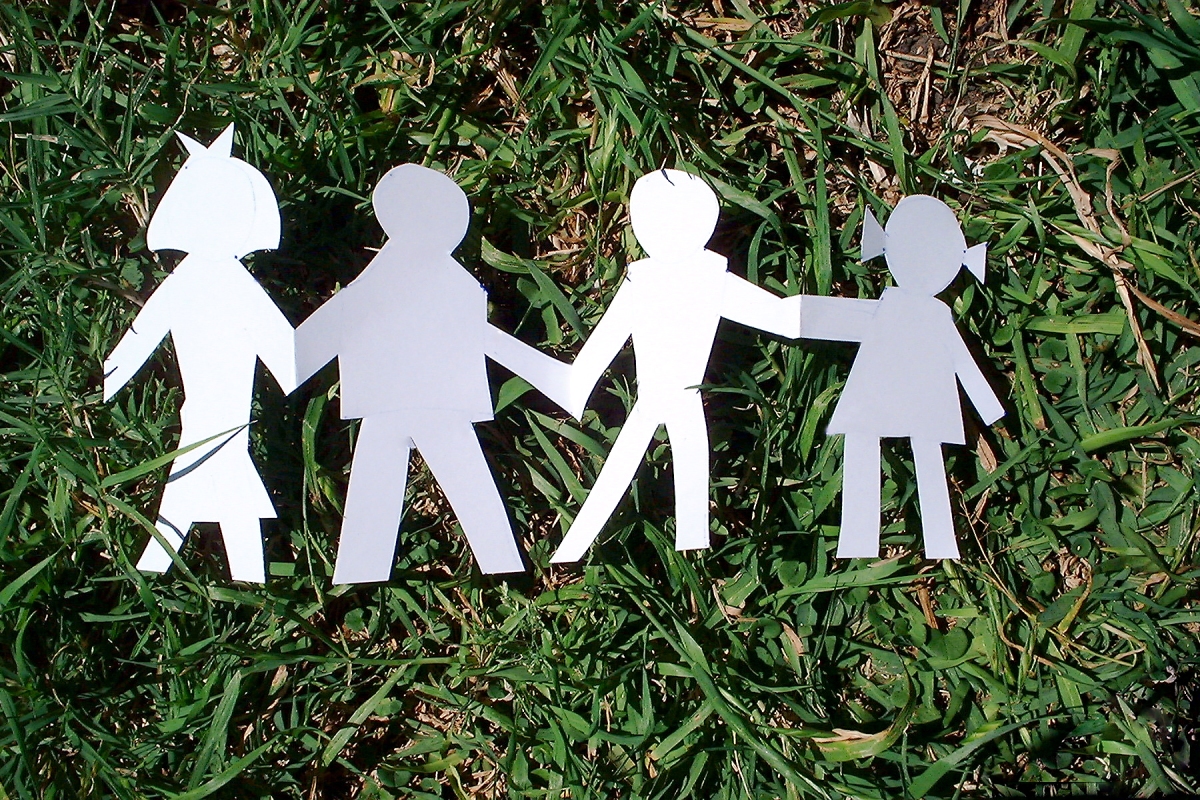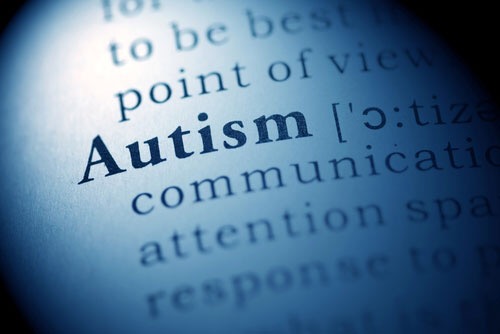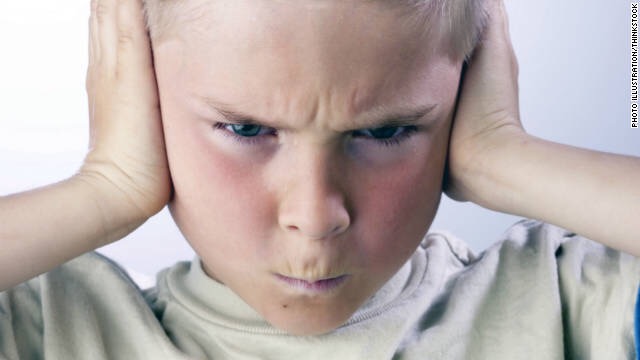I first learned about World Autism Day about 5 years ago. April 2nd was just another day on the calendar until that fated day when the “A” word became a part of my life. I say the “A” word because I knew almost nothing about ASD back then, it was a disorder that would never touch my family, or so I thought. And when you don’t know what something really is, it’s only natural to develop irrational fears of it.
From the day my son was born I always “felt” there was something unusual about him. He was a very fussy baby who was very hard to console once a tantrum stroke. When he was about a year old, I noticed that he was a little over active and wouldn’t respond much when we’d call his name. This was the first flashing light for me but I didn’t want to even think about the possibility. Then one day I received a translation task from a client in the medical field. It was about autism. I remember reading the document and nodding once, twice, thrice “Yes, yes, he does that…yes, that’s true…Oh my God…this can’t be happening to me…” I turned my head away from my screen and to my husband who was sitting on the couch looking at me, probably wondering if I’d totally lost it. “I think we should take our son to a specialist,” I muttered with a lump in my throat. And that was the beginning of a long and unnerving search for a correct diagnosis.
The challenges began, and so did the appointments and consultations which never seem to end. Our first appointment was with a neuropediatrician who was specialized in autism. She was very blunt and her diagnosis explicit. “Your son has a very mild form of autism, oh yes, and the hyperactivity is due to the ADHD which accompanies some cases of autism.” She said it, she said the “A” word. my mother burst in tears on our way out of the clinic, I refused to believe a single letter of the diagnosis. “Mom, calm down. It’s not over. I’m getting a second opinion.” She looked at me surprisedly, trying to grasp what she just heard. And before we knew it, we went through a series of assesments and evaluations, meeting over 20 specialists in mental health. I spent a few months in Lebanon for my son’s speech and psychomotor therapy. My whole life was turned upside down. At first I wanted someone to tell me my son is just going through a phase. I wanted to stop all those doctor visits and cut down on all those expenses on services which seemed useless to me. So I went back to the Gulf to my husband and I pretended that my son was OK, it was just a phase that will soon end. I knew deep within that I was only deluding myself. How can I deny the obvious?
Months later, we decided to relocate to Lebanon to pursue a decent therapy plan and an accomodating schooling environment. It was the best decision I’d ever taken, and, despite all the difficulties, I’m glad to see some progress in his behavior and communication.
So why am I telling you all this, you might wonder? I’m not sharing this personal part of my life to boast about any achievement. I’m still far behind on what I think I should have done for my son. Then again, I’m a perfectionist, there will always, always, be more to do anyway. But, believe it or not, I decided to give myself some credit for once and say that what I’m doing is something some parents in our society refuse to go through. I may have run away from the truth at first, but when I faced it I felt the greatest relief ever.
Accepting autism as a part of your family life is the best treatment. Studies say autism can’t be cured, only managed. That might be true but all those stories of hope people share with me about how their ASD children thrived as adults make me wonder whether autism is as debilitating as we think it is. Perhaps it’s society’s view of children with special needs that is the real boundary here, not the disability itself. That’s why raising awareness about mental illnesses is crucial. The stigma that underlies autism and other disorders is a mere fabrication of the minds of uneducated, ill-informed individuals; an old wives’ tale that must be forever forgotten.
As a mother of a quirky smart kid I just want to tell mothers who’ve battled for acceptance, mothers who might think they have an ASD case at home, mothers who don’t know what to do with their recently-diagnosed child: You are strong, but you need understanding and support. Everyday is autism day, don’t wait for April to light it up blue or change your profile pic. And most importantly, don’t be ashamed of having a child on the spectrum. I’ve heard agonizing stories of mothers concealing their childrens’ mental disorders or learning difficulties. It neither helps the child nor you to hide such important issues from family and school. You are no less of a mother if your child has a problem. You’re the greatest mother if you gather the love and support he/she truly needs from those who can willingly offer it. Teach the world about your child and your child will gradually start learning everything you ever wanted them to learn about the world.
Going through rough patches is part of our everyday motherhood. There will be ups and many many downs, but don’t give up. Don’t stop trying, giving or hoping. The hardest part is not knowing what to do, but once you know what needs to be done, what’s there to fear? Trust your hunch, it’s that God-given little voice inside that guides you through life. Accept, love and forgive yourself just as much. Be ready to push yourself when no one else can.
This is everything I’ve learned so far. This is what has kept me sane! Oh, and word of advice: don’t take other people’s remarks so personally. Forgive them, for they do not know. They haven’t walked a mile in your shoes, or spent a night lost in your worried thoughts. There are so many people out there who are more than willing to listen if you ever want to talk. I’m one of them. Please feel free to drop me a line in the comments below or email me: zeinaelhoss@outlook.com
I’d be more than happy to offer any advice.
Stay awesome, strong Mama 💙💡
~Zeina




